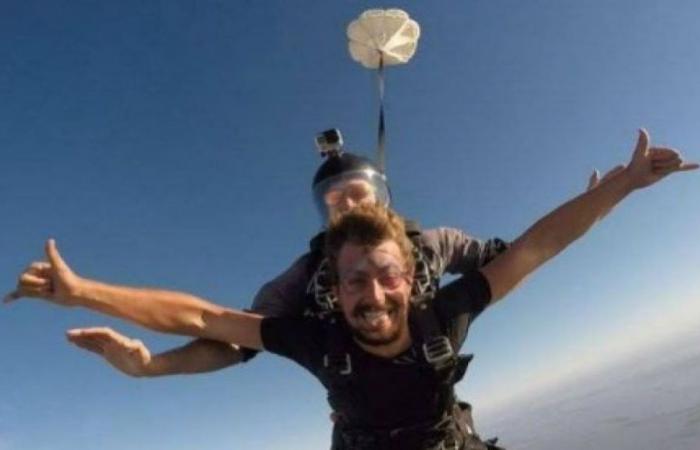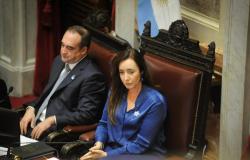This Sunday, June 16, is a day of celebration. To recognize fathers and their role in raising their daughters and sons. To those parents who participate and actively participated, sharing those moments of care that are so central to childhood: a meal, a game in the square, a story, helping with homework, accompanying them when they get sick.
In Argentina, however, four out of ten mothers maintain that fathers are not fully involved in the care activities of their daughters and sons, according to the results of the Eighth UNICEF Household Survey with Children and Adolescents Argentina, carried out between April and May of this year, with national scope.
In the case of those homes where the father does not live at home, these data reflect an even more complex situation: only 26% of mothers indicate that fathers always participate and 20% that they only do so in specific situations. A 42% indicate that they are not responsible for care tasks.
Authoritarians don’t like this
The practice of professional and critical journalism is a fundamental pillar of democracy. That is why it bothers those who believe they are the owners of the truth.
For its part, data from the MICS Survey carried out by UNICEF between 2019-2020 showed that, on average, the number of activities that men do with their daughters and sons in early childhood – such as reading stories, singing songs and playing – is less than half that of women.
Long live the difference: motherhood-fatherhood and femininity-masculinity
The active participation of men in parenting – by generating a better distribution of care tasks – is not only a matter of gender equality, but is also beneficial for girls and boys, in the construction of healthy bonds and in the development of their socio-emotional skills.
Argentina has the paternity leave shortest in the region. Those that are needed to accompany school adaptation or visits to the doctor are not even contemplated, nor is the bonding time required by a parent who decides to adopt.”
Many fathers exercise this active fatherhood. They are present throughout the lives of their daughters and sons. And on many occasions they have to face a system that does not support them. Argentina establishes in its Employment Contract Law one of the shortest paternity leaves in the region. Less than this long weekend lasts: just two days in a row. And only for formal workers in a dependency relationship. Other types of licenses, such as those needed to accompany the school adjustment or doctor visits, are not even contemplated, nor is the bonding time required by a parent who decides to adopt. Although in some cases progress has been made through collective agreements or specific benefits offered by some companies, the regulations have been the same for more than 40 years.
At UNICEF we analyze the feasibility of transforming this reality. It is possible to modify the current licensing regulations gradually, to also guarantee fiscal sustainability. Increase paternity leave to 15 days, increase maternity leave to 126 days (thus complying with minimum international commitments), incorporating leave for adoptions and for monotributist and self-employed workers implies a cost of 0.08% of GDP. A progressive extension of paternity leaves from this floor of 15 days (until reaching the 90 days after eight years) would imply an increase in annual costs of 0.01% of GDP per year.
Changing this situation requires the political will and commitment of all actors: the State, the private sector and the families themselves. It implies that we modify those social norms that, even today, make parenting fall to a greater extent on women. It is the right of girls and boys, and it is our duty to guarantee it.






